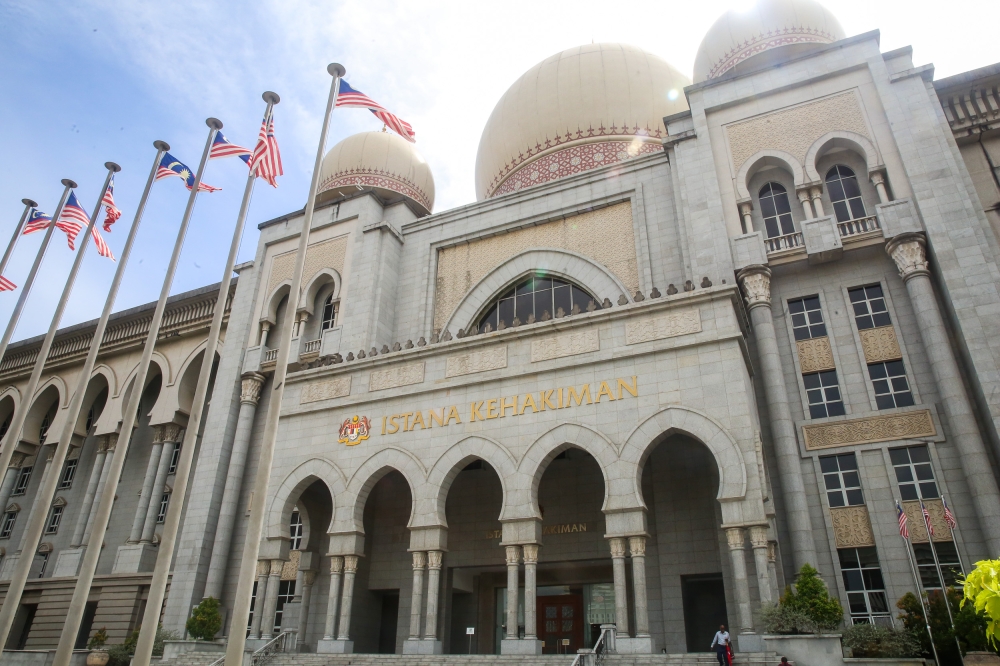

KUALA LUMPUR, June 24 — Malaysia’s highest court has allowed for the deferment of hearing over an appeal by advocacy group Family Frontiers, which seeks equal treatment in citizenship being conferred automatically to the overseas-born children of Malaysian mothers as to Malaysian fathers.
The deferment was granted due to the potential constitutional amendments tabled at the Dewan Rakyat having an impact over several other similar citizenship-related appeals where it was initially set for hearing of the appeal’s merits at the Federal Court.
When contacted, senior federal counsel Liew Horng Bin confirmed the deferment of tomorrow’s citizenship appeal.
"(It is to) Give time to the government for the pending constitutional amendment and to explore and consider other measures available to address all related citizenship issues,” he was quoted as saying when contacted.
Online court records also show that the citizenship cases including those of 26-year-old Mahisha Sulaiha Abdul Majeed and 40-year-old Tan Soo Yin, are now scheduled to be heard before the same Federal Court panel on September 5.
"Application for adjournment by the respondents’ lawyers have been allowed by the (Federal Court) panel chairman.
"Reason for adjournment: Awaiting the completion of the process to amend the provisions of the Federal Constitution regarding citizenship through the Constitution (Amendment) Bill 2024 where the aforementioned amendment will affect the ongoing appeals,” the court records read.
The Attorney General’s Chambers is acting for the federal government, who is a respondent in the Malaysian mothers’ appeal.
The current sitting of Dewan Rakyat which began today has been scheduled to run for 15 days until July 18.
In September 2021, the High Court ruled in favour of Family Frontiers and six Malaysian mothers that the overseas-born children are entitled to Malaysian citizenship, but this was overturned by the Court of Appeal in a 2-1 decision on August 5, 2022.
But on December 14, 2022, the Federal Court granted leave to Family Frontiers from the Federal Court to appeal the appellate court’s decision.
Of the six citizenship cases, Family Frontiers and Mahisha share the same constitutional questions; among them: whether Malaysia’s Federal Constitutions prohibits gender discrimination against Malaysian women in terms of citizenship laws and also involves the citizenship condition of Section 1(b) in the Federal Constitution’s Part II of the Second Schedule.
Two of the six citizenship cases — namely Tan who was born in Johor to unknown biological parents and 37-year-old Azimah Hamzah who was born in Pahang before her Cambodian refugee parents became Malaysians — involve a separate citizenship condition under Section 1(e) in the Federal Constitution’s Part II of the Second Schedule.
Another of the six cases involve a different scenario, namely a 31-year-old woman who was born in Kuala Lumpur to a Malaysian father and non-Malaysian mother before they registered their marriage.
The Federal Constitution currently only expressly enables Malaysian fathers’ overseas-born children to automatically be Malaysians, while Malaysian mothers have had no choice but to apply to the Malaysian government for their overseas-born children to be registered as Malaysians (a process which could take years, and which could result in rejections by the government).
You May Also Like

